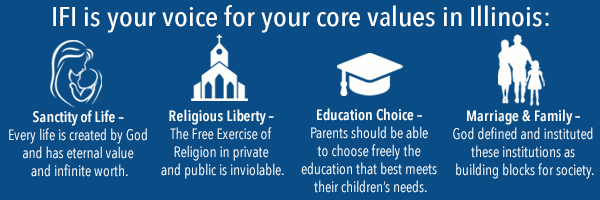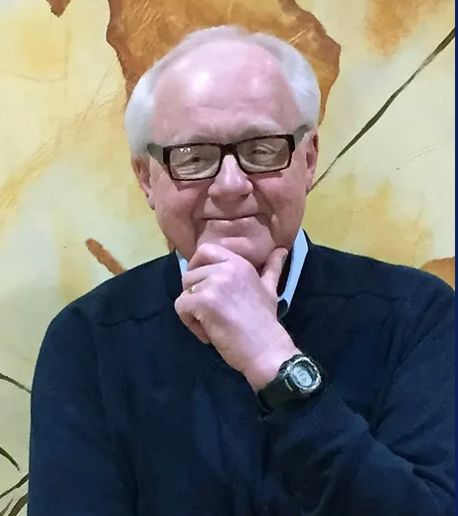
As Gomer Pyle used to say, “Surprise. Surprise. Surprise.”
No doubt it baffled a significant number of Catholics worldwide when the more-than-100 cardinals at the Conclave earlier this month chose a onetime Chicagoan as their new Pope. A Southsider. If he was alive today on this earth, even St. Peter might have been shocked.
I can say this confidently because in the centuries of history of the Catholic Church, Robert Prevost became the first American Pope chosen. To say he is the Supreme Leader of the the most recognized of Christian based “religions” in the world almost seems like an understatement. What the Pope says is heralded as truth for his followers worldwide, as if coming from the Lord Jesus Christ Himself.
The history of Christendom is blurry when it comes to making earthly determinations of the “true church.” Roman Catholics believe they are entitled to that position. Their claim is based on Jesus telling the apostle Peter that “Upon this rock I will build my church.” It followed Peter’s confession that Jesus is indeed the “Son of the living God”—the Messiah!
The biblical account is found in Matthew 16. The disciples came to the region of Caesarea Philippi. Jesus asks them,
“Who do people say that I am?” (vs. 13)
They give mixed replies. But not Peter. He says,
“You are the Messiah, the Son of the living God.” (vs. 14)
And Jesus replies,
“Blessed are you, Simon son of Jonah, for this was not revealed to you by flesh and blood, but by my Father in heaven. And I tell you that you are Peter, and on this rock I will build my church, and the gates of Hades will not overcome it. I will give you the keys of the kingdom of heaven; whatever you bind on earth will be bound in heaven, and whatever you loose on earth will be[e] loosed in heaven.” (Matthew 16:18-19, NIV)
Now we have a bit of a conundrum here. Was Jesus setting up a theological foundation? OR—an organizational foundation? If it’s the latter, we can readily see how the massive structural entity known as Roman Catholicism came to its present state.
Church history takes us on a somewhat different course. Significantly different perspectives, during the next 1100 years after that discourse with Peter, bring us to what is known as The Great Schism in 1054 A.D. (also known as the East-West Schism)
By now, the organizational and “institutional” church existed. A central breaking point developed over Papal Authority. The Pope of Rome laid claim to universal authority over all Christians. Meanwhile, the Eastern Patriarchs asserted “the primacy of the Pope was only honorary and limited to the Western Church.” Significant other disagreements existed, resulting in a breakup of one body into two: the Eastern Orthodox Church and the Roman Catholic Church.
And then, of course, the Protestant Reformation with the Roman church would follow a few centuries later. It began with Martin Luther posting his famed 95 Theses on the church door in Wittenburg, Germany, calling for theological reforms. It nearly cost the Catholic Luther his life.
But it opened wide the door for new theological understanding and the reading of the Scriptures by laymen. And the protestations that arose gave rise to Protestantism.
Buried within this church history is the role of Jesus’ church being a moral compass for the culture. A good example of how this plays out today in the change of leadership in the Roman Catholic Church is found in a the recent Time magazine article, “Where Pope Leo Stands on Specific Issues.” It is noteworthy in citing the differences of views between the former Pope Francis and Pope Leo XIV.
The article delves into topics including “The LGBTQ+ Catholic community,” “Helping Migrants,” “Equality for Women,” and of course, “Climate Change.” Frankly, it appears only moderate differences exist between the two men.
As we have witnessed in the church in more recent decades, these topics only divide us. Pope Leo XIV will call for unity. He already has. What kind of unity? The Body of Christ is bigger than Roman Catholicism. Priority should be given to how Jesus would indeed unite us—not organizationally, but theologically.
That might be Robert Prevost’s greatest challenge as a church leader. As a warmup, he might try uniting Sox and Cubs fans.





















